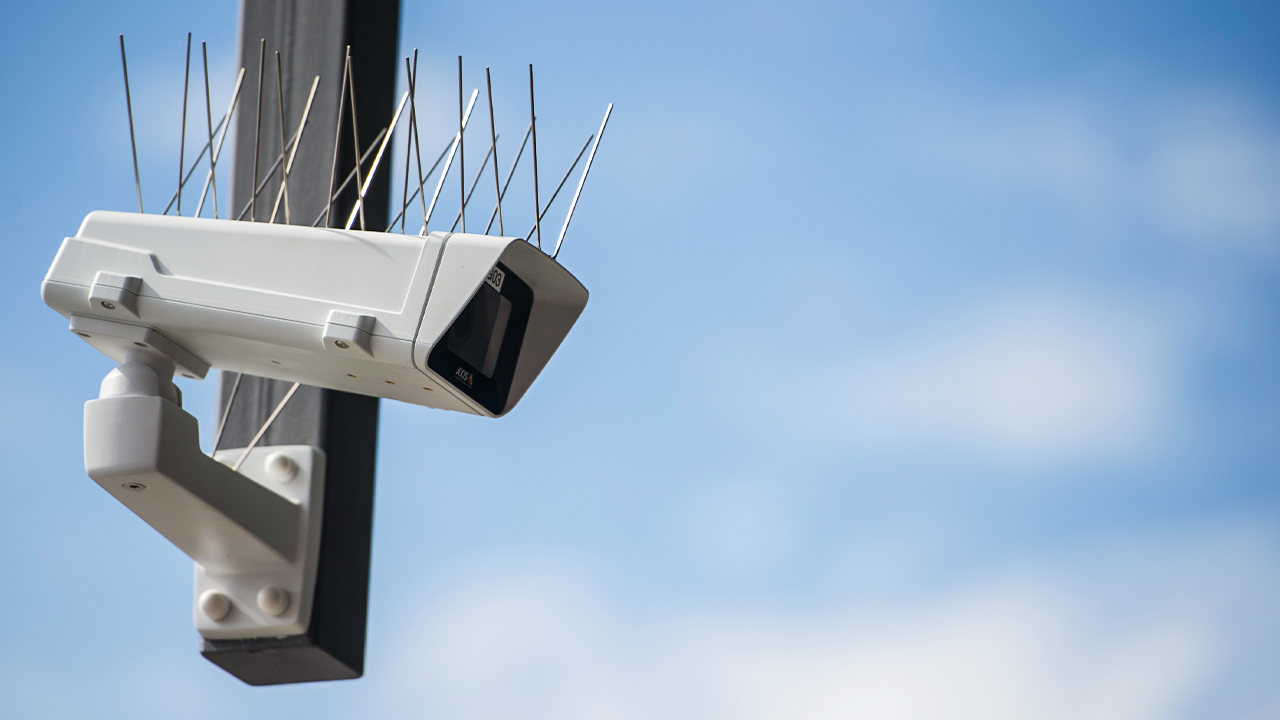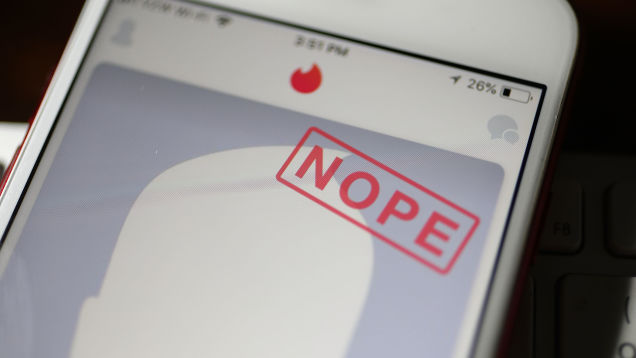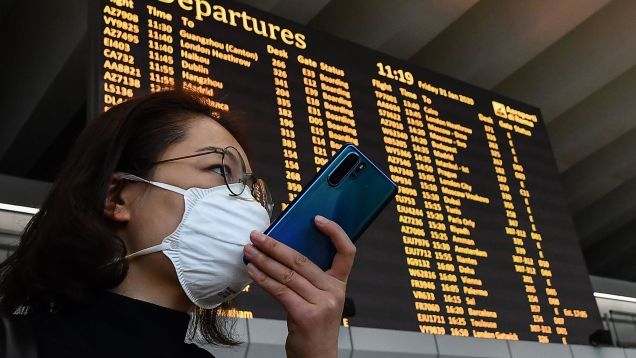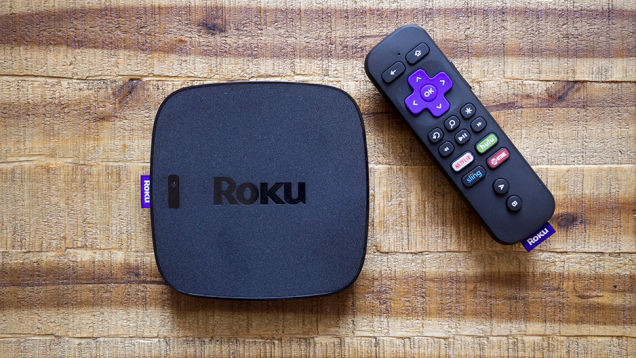Jacob Hoffman-Andrews, writing for EFF: If you follow security on the Internet, you may have seen articles warning you to “beware of public Wi-Fi networks” in cafes, airports, hotels, and other public places. But now, due to the widespread deployment of HTTPS encryption on most popular websites, advice to avoid public Wi-Fi is mostly out of date and applicable to a lot fewer people than it once was. The advice stems from the early days of the Internet, when most communication was not encrypted. At that time, if someone could snoop on your network communications — for instance by sniffing packets from unencrypted Wi-Fi or by being the NSA — they could read your email. Starting in 2010 that all changed. Eric Butler released Firesheep, an easy-to-use demonstration of “sniffing” insecure HTTP to take over people’s accounts. Site owners started to take note and realized they needed to implement HTTPS (the more secure, encrypted version of HTTP) for every page on their site. The timing was good: earlier that year, Google had turned on HTTPS by default for all Gmail users and reported that the costs to do so were quite low. Hardware and software had advanced to the point where encrypting web browsing was easy and cheap.
However, practical deployment of HTTPS across the whole web took a long time. One big obstacle was the difficulty for webmasters and site administrators of buying and installing a certificate (a small file required in order to set up HTTPS). EFF helped launch Let’s Encrypt, which makes certificates available for free, and we wrote Certbot, the easiest way to get a free certificate from Let’s Encrypt and install it. Meanwhile, lots of site owners were changing their software and HTML in order to make the switch to HTTPS. There’s been tremendous progress, and now 92% of web page loads from the United States use HTTPS. In other countries the percentage is somewhat lower — 80% in India, for example — but HTTPS still protects the large majority of pages visited. […] What about the risk of governments scooping up signals from “open” public Wi-Fi that has no password? Governments that surveill people on the Internet often do it by listening in on upstream data, at the core routers of broadband providers and mobile phone companies. If that’s the case, it means the same information is commonly visible to the government whether they sniff it from the air or from the wires.
Read more of this story at Slashdot.
![]()
Source: Slashdot – Public Wi-Fi is a Lot Safer Than You Think












